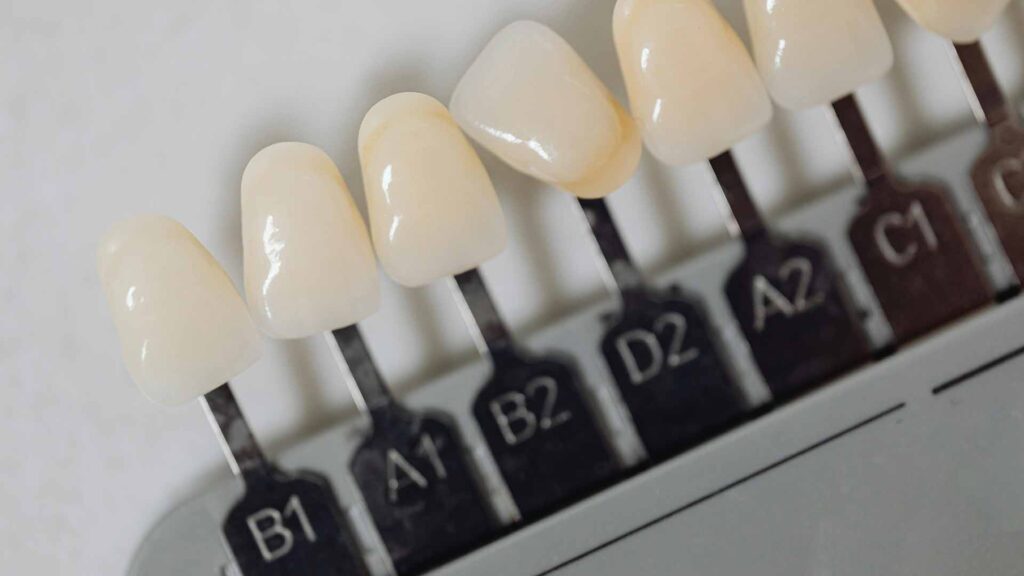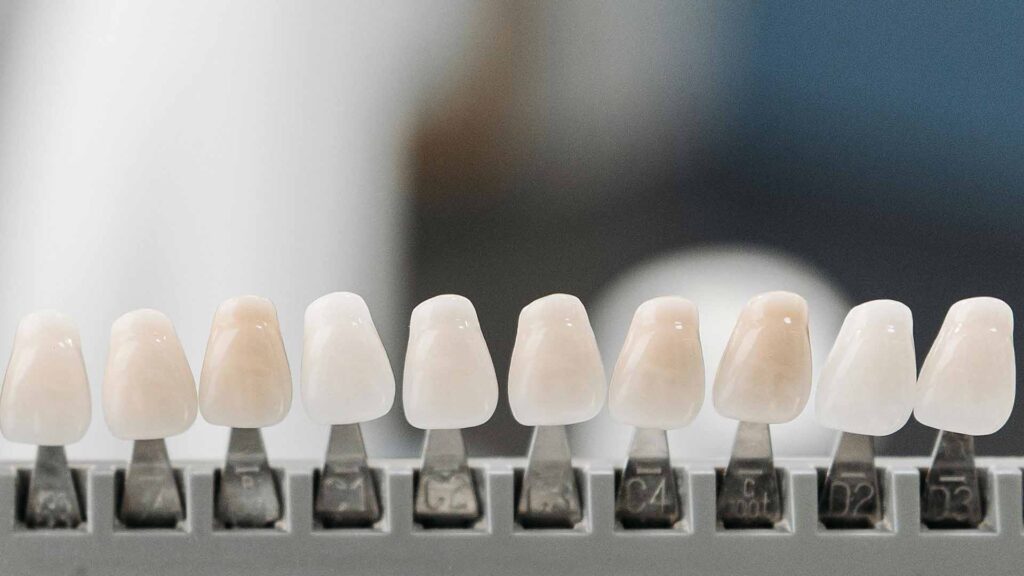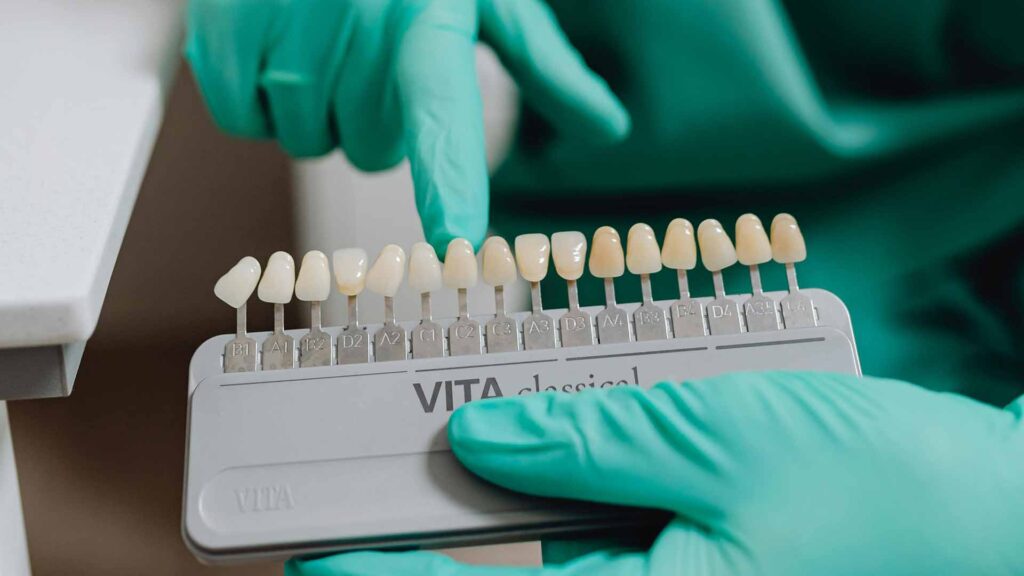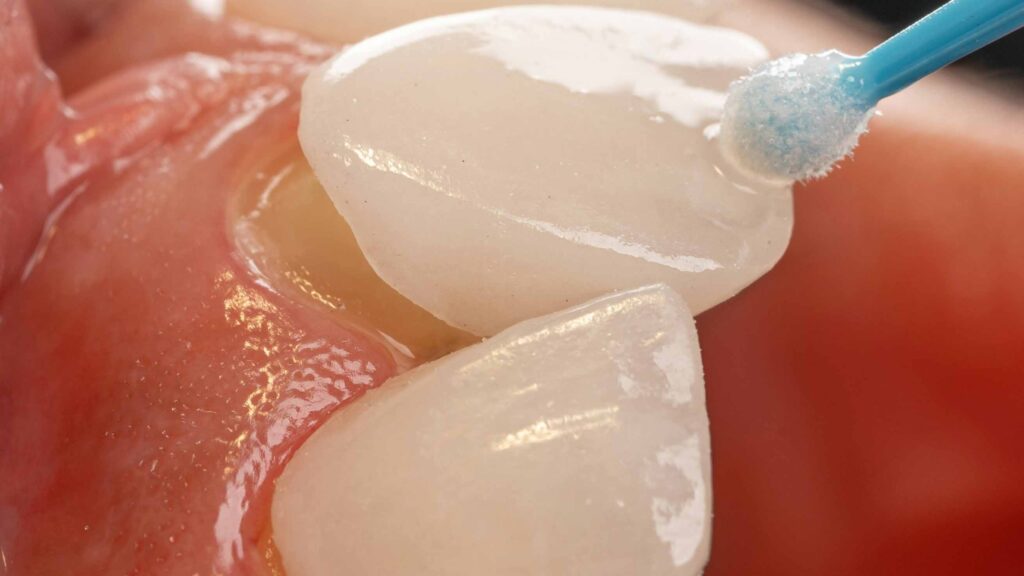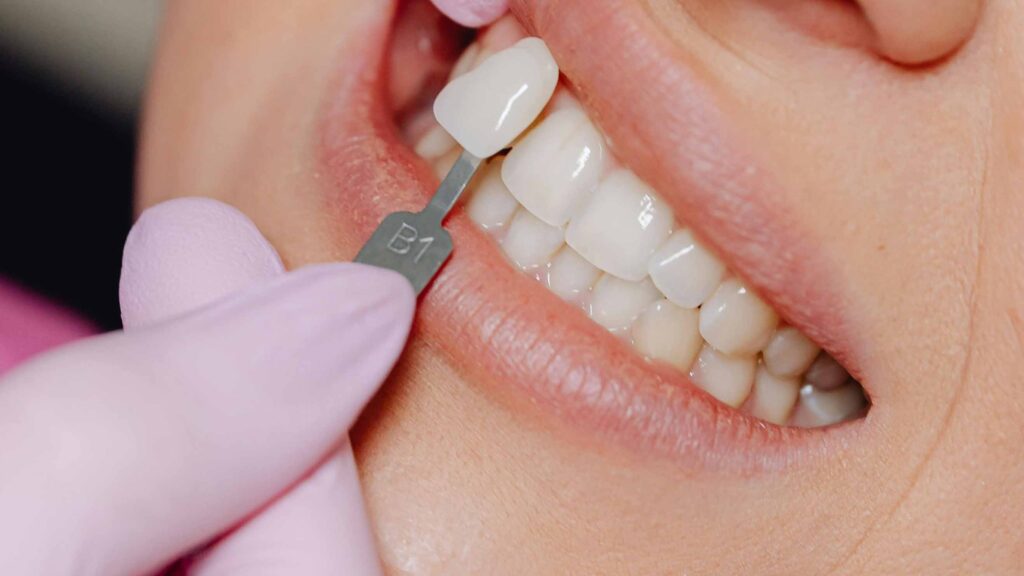Dental Veneers: Types, Benefits, and What to Expect
Dental veneers have become a popular cosmetic dentistry solution, enhancing smiles and addressing various dental imperfections. They offer a versatile way to improve the appearance of teeth, making them a sought-after option for those aiming to achieve a natural-looking, radiant smile. In this article, we’ll explore what dental veneers are, the different types available, their benefits, and what to expect from the procedure.
What Are Dental Veneers?
Dental veneers are thin, custom-made shells designed to cover the front surface of teeth, improving their appearance. They are commonly used to correct issues like discoloration, chipping, gaps, and misshapen teeth. Made from porcelain or composite resin, veneers are bonded to the front of the teeth to create a seamless, natural look.
Veneers are popular because they offer a long-lasting solution that can transform a smile without extensive dental work. By blending with natural teeth, they provide both aesthetic appeal and durability, often lasting between 10 to 15 years with proper care.
Types of Dental Veneers
There are two main types of dental veneers: porcelain veneers and composite resin veneers. Each type has unique properties, catering to different needs and preferences.
Porcelain Veneers
Porcelain veneers are known for their strength, durability, and natural appearance. They are custom-made in a dental lab to fit each tooth precisely. Because porcelain closely resembles the translucency of natural teeth, it offers a realistic finish that blends well with the surrounding teeth.
Benefits of Porcelain Veneers
- Highly durable and resistant to staining
- Provides a natural tooth-like appearance
- Long-lasting with proper care (10–15 years or more)
Composite Resin Veneers
Composite resin veneers are created using a tooth-colored resin material that is applied directly to the teeth and then shaped by the dentist. Unlike porcelain veneers, they can often be applied in a single visit, making them a quicker, more affordable option.
Benefits of Composite Resin Veneers
- Less expensive than porcelain veneers
- Can usually be applied in one visit
- Easier to repair if damaged
Why People Choose Dental Veneers
Dental veneers serve both cosmetic and functional purposes, making them versatile in addressing multiple dental concerns. Here are some of the main reasons people choose veneers:

Teeth Whitening
Veneers are a great alternative to teeth whitening for those who want a longer-lasting solution to severe discoloration.
Repairing Damaged Teeth
Veneers can cover chips, cracks, or worn-down enamel, restoring a tooth’s appearance and strength.
Correcting Misalignment and Gaps
For minor misalignment, veneers offer a faster solution than braces, giving the appearance of perfectly aligned teeth.
Improving Shape and Size
Some individuals are born with smaller or irregularly shaped teeth. Veneers allow for uniform sizing and shaping, creating a balanced smile.
The Veneer Procedure: What to Expect
The process of getting dental veneers typically involves several steps, ensuring that each veneer fits perfectly and aligns well with the patient’s natural teeth.
Consultation and Planning
The first step is a consultation with a dentist, where you’ll discuss your goals and whether veneers are the right option for you. The dentist will examine your teeth, take X-rays, and possibly create a model of your mouth.
Tooth Preparation
For porcelain veneers, the dentist will remove a small amount of enamel from the front of the teeth to make space for the veneers. This process ensures a snug fit and natural appearance. Composite veneers may require less or no enamel removal.
Making Impressions
An impression of your prepared teeth is taken and sent to a dental lab, where custom veneers are crafted to fit each tooth perfectly. This process can take a few weeks, so temporary veneers might be placed in the meantime.
Veneer Placement
Once your custom veneers are ready, the dentist will bond them to your teeth using dental cement. After positioning each veneer, a special light is used to harden the cement quickly. Finally, the dentist will make any necessary adjustments for a perfect fit.
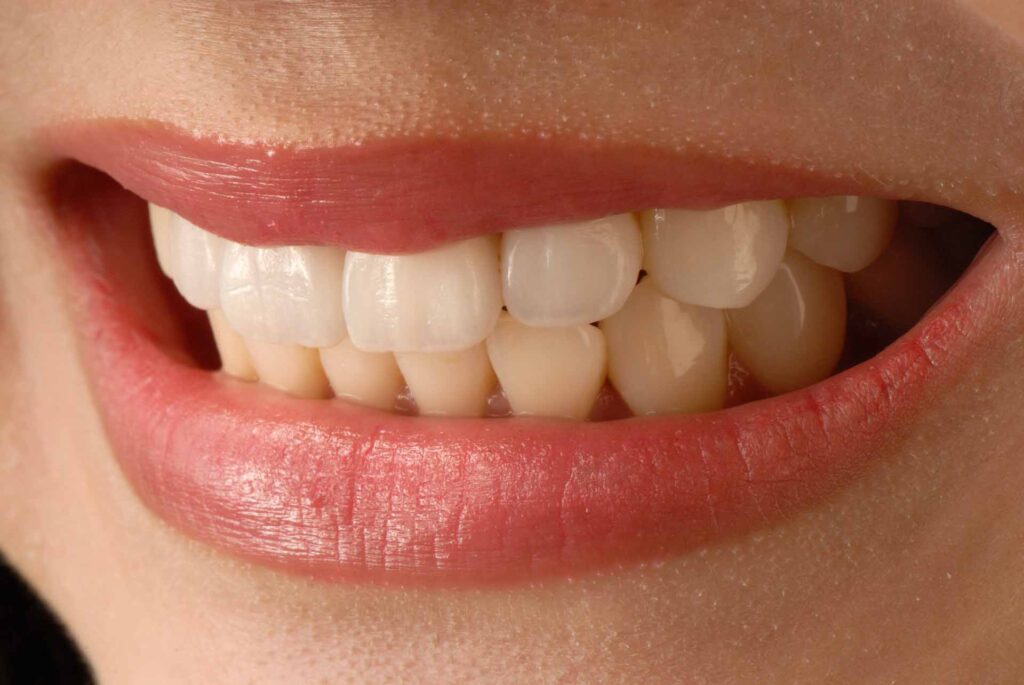
Caring for Your Dental Veneers
Proper care is essential for maximizing the lifespan of your veneers. Here are some tips to keep them looking their best:
Practice Good Oral Hygiene
Brush and floss daily to prevent plaque buildup around the veneers.
Avoid Staining Foods
Porcelain veneers are stain-resistant, but composite resin veneers may discolor over time. Avoid excessive coffee, tea, and red wine.
Avoid Hard Foods
Chewing ice or hard candies can damage veneers, particularly composite ones.
Regular Dental Visits
Routine check-ups allow your dentist to monitor the condition of your veneers and address any concerns early on.
Pros and Cons of Dental Veneers
PROS:
- Instant transformation for a brighter, more uniform smile
- Durable and long-lasting, especially with porcelain
- Versatile solution for a variety of cosmetic dental issues
CONS:
- Can be costly, especially porcelain veneers
- Irreversible procedure for porcelain veneers due to enamel removal
- Not suitable for individuals with severe tooth decay or gum disease
Are Veneers Right for You?
Dental veneers are ideal for people looking to enhance their smile with minimal invasive treatment. However, they may not be suitable for everyone, particularly those with significant oral health issues, such as gum disease or heavily decayed teeth. A thorough examination and consultation with a qualified dentist can help determine if veneers are the right choice for you.
Conclusion
Dental veneers offer an effective, long-lasting way to improve the appearance of your smile, addressing everything from discoloration to minor misalignment. With types including porcelain and composite resin, patients can choose the option that best suits their needs, preferences, and budget. By understanding the types, benefits, and maintenance of veneers, you can make an informed decision about whether they are the right solution to help you achieve the smile you’ve always wanted.

How to Whiten Veneers: Tips for Brightening Your Porcelain Smile
Learn more about Veneers.
Does Taylor Swift Have Veneers? A Deep Dive into the Star’s Perfect Smile
Are Veneers Permanent? Everything You Need to Know About This Popular Dental Solution
How Much Do Veneers Cost with Insurance? A Comprehensive Guide to Coverage and Pricing
Does Insurance Cover Veneers? A Complete Guide to Coverage and Costs
Veneers Cost Arizona: Your Complete Guide to Pricing and Factors Affecting Costs
Does Taylor Swift Have Veneers? Exploring the Secrets Behind Her Perfect Smile
Veneers Cost Arizona: A Comprehensive Guide to Transforming Your Smile
Veneers Cost in Scottsdale: A Complete Guide to Pricing and Payment Options
Understanding the Cost of Porcelain Veneers: A Comprehensive Guide for NYC
Taylor Swift’s Smile Transformation: Taylor Swift Before and After Veneers
What Do Teeth Under Veneers Look Like? Understanding the Process and Health Implications
How Much Does a Full Set of Veneers Cost in Mexico Compared to the U.S.?

